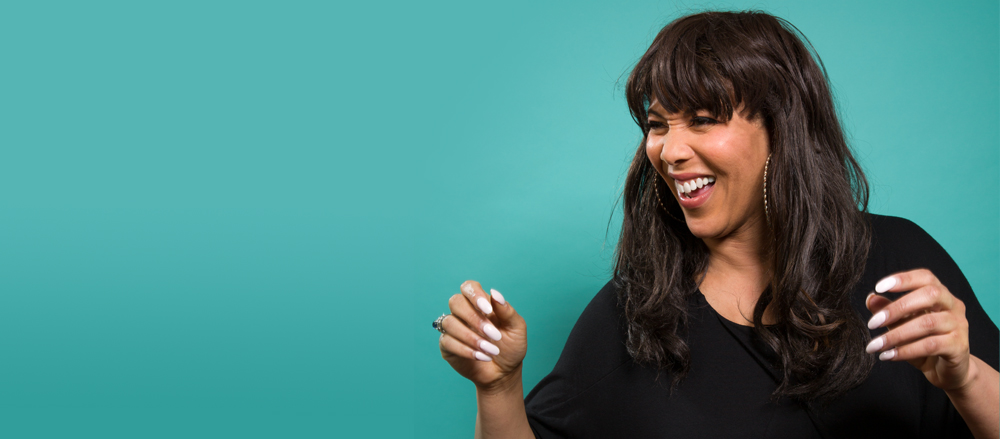
A vital part of good sexual health means having the confidence and skills to ask for the sex that makes you feel good. Knowing our own comfort level with sex and understanding its risks and benefits lets us create a safe relationship with sex.
We’re all different and there’s no one way to be trans or non-binary. Some of us feel able to enjoy our bodies sexually, regardless of how and if we make a physical transition. For others it can be a more challenging. Wherever you are on this spectrum, you have a right to enjoy yourself and feel comfortable and safe with the sex you are having.
If you’ve transitioned a while ago, you might feel confident that you know how to have a fulfilling sex life but may need some information on sexual health and wellbeing.
Transition and feeling good about yourself
Our thoughts and feelings play a pivotal role in how we view our bodies and can have a knock-on effect on our sexual wellbeing. It’s really important to be kind to yourself and take care of your body, even if you feel at odds with it. You may not always feel this way. Your physical wellbeing can influence your mood and mental health. Taking care of your body will boost your overall wellbeing.
It can be difficult navigating sex, especially if your partner finds parts of your body to be attractive that you don’t like or that you find distressing. You have the right to enjoy sex and you shouldn't feel like you have to use parts of your body if you don’t want to. Learning new skills and ways to communicate can help you negotiate safer sex and increase your confidence.
Introducing oestrogen hormones into the body can cause changes in your sex drive. You might want to explore and try out new things with different people and different genders and body types. Everyone is different. Your sexual preferences may include being a receptive and/or penetrative partner in anal, oral or vaginal/frontal sex. There are more ways than ever to protect yourself and your partner(s), including different types of condoms and dams and lube, and PrEP and PEP.
If you’ve had lower surgery, masturbation is a good way to get to know your new vagina/front hole. It's best to check with your surgeon as to how soon you can do this. There will be many surgical sites inside and on the body where the surgery took place, so take care while they are healing. There are a variety of toys available to help with your exploration.
You may feel shy about sex, especially if you've been avoiding it for many years. This is a natural and understandable feeling. Take your time to find the right partner for you, who will help you feel good.
Quote textI wanted to feel myself – and feel like myself. Intimacy with my genitals gave me a real sense of belonging.
Sex, dating and apps
Sex and dating can be both challenging and empowering. Exploring yourself and others can help you figure out what’s right for you, and help you take control of your sexual health and wellbeing.
There are different ways to navigate how and when you tell a partner about your trans or non-binary status. Many dating apps, especially those designed for LGBTQ+ people, give easy options to identify as being trans or non-binary, and many now have features that let you state your pronouns and gender identity. You can often also use free text to describe your own gender.
Think about when feels the safest and most appropriate time to share your trans status with a potential partner: on your profile, before you meet, on your first date.
Some people like to be open about who they are on apps, providing information about their gender identity, what they like sexually and what body they have. It’s up to you to decide for yourself what feels safe and right for you. Apps can be a useful way to discuss your likes and dislikes with a prospective sexual partner as well as to negotiate safer sex with one another.
If you decide to meet someone in person, it's a good idea to tell a trusted friend. You might want to share where you are going and when they can expect you to come back, and who you are planning to meet.
Quote textI put my being trans all over my profile. It saves any awkward moments later on when I would need to come out. I don’t want to invest time and energy in someone who would reject me on grounds of my trans experience.
Relationships
Every relationship is different. Be open and honest with your partner about how you feel and what you want and need from each other. When one partner comes out as trans or non-binary, or embarks on a transition, it can change the dynamic of a relationship. Some couples find their relationships get stronger and others find that they drift apart.
Transition can be a period of intense introspection and self-absorption. It’s important to take the time and space you need to explore your feelings around gender and what you need to do next. Be mindful of others. It can be hard to find the right balance, if at all.
There are lots of ways to have relationships, including open relationships, polyamory, non-monogamy, and more. All are valid and rely on open communication and consent to work well.
Consent and navigating sex
You should feel safe, empowered and have the kind of sex you want. Learning to negotiate the sex that you want, and experience pleasure with potentially new body parts can take time. You might need time to build up confidence and learn new skills to help you negotiate safer sex. You should never be pushed into anything that you are uncomfortable with.
Aiming to practise good consent (keeping sexual activity consensual and respectful of your limits and preferences) means that your sex will be safer and more likely to meet your expectations. Communicating with your partner before and during sex can sometimes be awkward, but it’s the best way to ensure you are both happy and comfortable with what’s happening.
Checking in before sex is also a great time to decide on what barriers and protections you are going to use.
If your partner doesn't respect your wishes or practise good consent, this may be abusive. Even if you don't feel that ‘abusive’ is the correct term, if the way they interact with you sexually makes you upset or uncomfortable, you can access support and advice from LGBT charity Galop.




